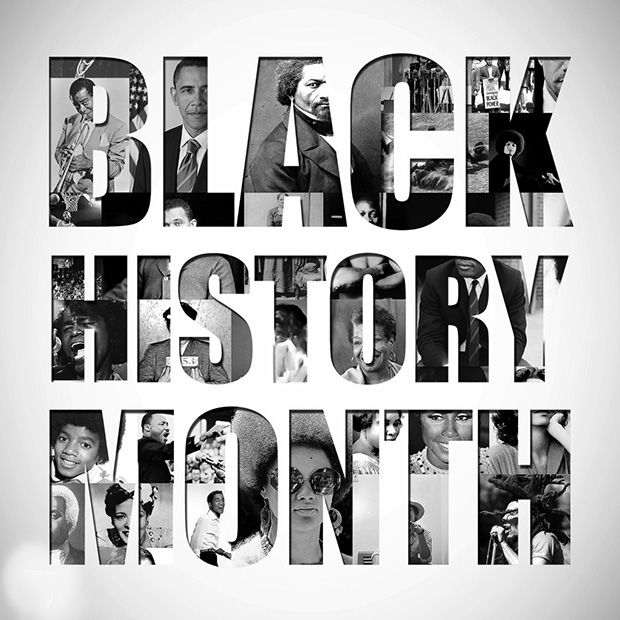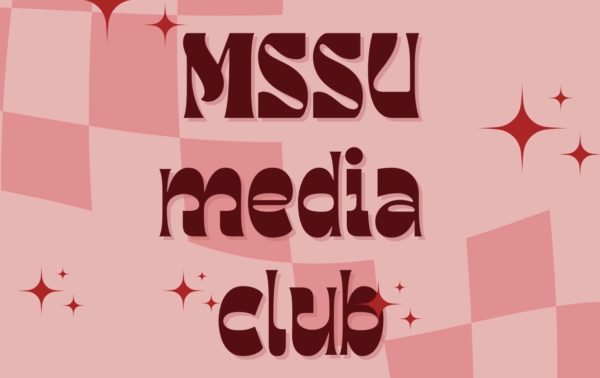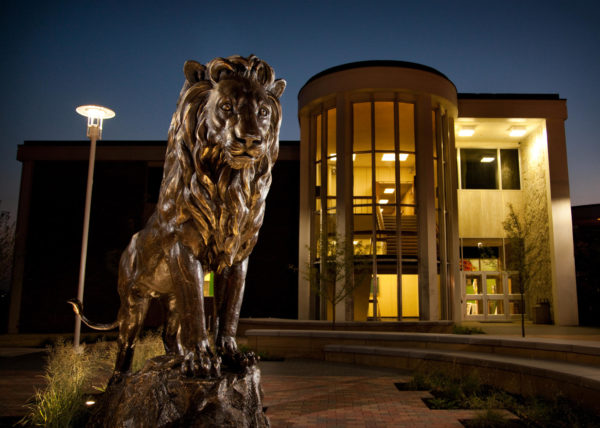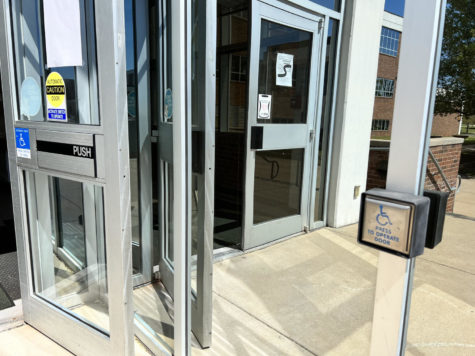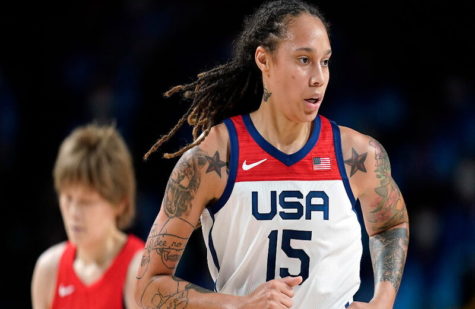Black History Month
In 1976 as part of the United States Bicentennial, the informal expansion of Negro History Week to Black History Month was officially recognized by the U.S. government. No guest speakers, lectures, talks, or events were held for the holiday which has not been celebrated on Missouri Southern’s campus this month. The Joplin area was home to many great African-Americans including poet and social activist Langston Hughes and scientist George Washington Carver.
Black History month was never intended to make people feel uncomfortable. Instead, this holiday has caused controversy around the world and on different colleges campuses. Nevertheless, despite the intentions, a misunderstanding of what the month is all about can lead people back into the dangerous world of 1915. Black history month is a month set aside to learn, honor, and celebrate the achievements of African-American men and women throughout history. The organs of Black History Month can be traced back to a man of, Carter G. Woodson.
Woodson is an amazing man in his own right; he is a scholar, educator, publisher, and historian. He promoted the idea of “Negro History week”, which was held during every second week in February. Woodson chose the second week of February to celebrate Negro History Week because that week included the birthdays of two famous leaders, President Abraham Lincoln, February 12 and Frederick Douglass, February 14. The idea caught on quickly and Negro History Week, soon transformed into “Black History Month”, in 1976 and what people celebrated in two weeks, turned into the full month of February, and is now celebrated in the United States. Also, in Canada and the United Kingdom.
The association, ASALH, “Association for the study of African-American life and history” begun to produce posters, and lesson plans for educators, to help bring “Black History Month” into schools.
On many of college campus, they celebrate this holiday with; guest speakers, programs, and parties. However, On the campus of Missouri Southern, there are no activities planned to represent the national holiday of Black History month. Some of the Missouri Southern student’s stand up and question why. Senior Football Player, Ty’Quan Hayes, states “why doesn’t the campus have any Black History dinner? Where are all the spokesman’s, or even handouts? Our school celebrates everything else, can we get some love?”. Junior, Psychology major, Aleica Herndon states, “We should have a poetry night to represent Black History month. It upsets me that we don’t have anything on campus.” Senior Football Player, Rolandeis Toliver and Mass Communication Major, says “It’s almost a sign of disrespect because this school prides themselves on being diverse and intercultural but they lack knowledge of black history.” Also, one of the Missouri Southern faculty members on campus shares her opinion on how this college connects with black history. Communication professor, and newly PRSSA advertiser says, “It’s a great opportunity to collaborate with SBSU and to support a new organization on campus.”
Sophomore Kendrick Carlock, Mass Communication major and also the president of the Black Student Union developed the idea of PRSSA and SBSU teaming together to promote new ideas for Southern. Unfortunately, the only black student organization on campus hasn’t done anything to enlighten or bring information to this campus, for Black History Month. This should be their moment to own the Southern campus and bring life to it.
However, looking beyond the campus of Southern to other universities up the road to Missouri State and Pitt State, they celebrate this holiday in numerous ways. One way, Mo State brings Black history to their campus is through the “African-American Heritage Ceremony”. It’s a moment when they have storytelling and plays about certain black historians that have overcome. This year, Pitt State held a “Gospel Explosion,” which reached out to the students that are Christian and love music on that campus. Another event this college does to represent is by playing, new movies all month long, such as the 2015 movies “Dope” and “Straight Outta Compton”.
Shining light on a situation at hand, the Super Bowl 50 halftime show was an incredible performance from Coldplay, Beyonce, and Bruno Mars. Although the real dispute from this Super Bowl was Beyonce’s performance and the effect it cause after it. She performed her hit single, “Formation”, 24 hours after releasing her video which documented what happened Hurricane Katrina and in Flint Michigan. While most people praise her social commentary about racism in America, many people disagree with the superstar acknowledging black power. This disagreement is being talked about today, because people don’t recognize relevance it has behind it.
However, Missouri Southern University is located in the heart of Joplin were famous figures were born and have birth ideas left a stamp on this community. Langston Hughes an African-American poet, novelist, and innovator, is a primary patron of the Harlem Renaissance. Also, traveling to Diamond, MO. There is a George Washington Carver National Monument; that is a park that has been dedicated to Carver for being a scientist, educator and humanitarian. The background of Joplin has helped shape the University of Missouri Southern State. There have been far more historians that have come from Joplin that isn’t African-Americans, and people still aren’t aware of the deeds were done. The Southern campus is slacking when it comes to this great holiday, but change can be made, people as a whole must remember that this isn’t just “Black History Month” but it’s Everyone’s History.
Your donation will support the student journalists of Missouri Southern State University. Your contribution will allow us to purchase equipment and cover our annual website hosting costs.



















